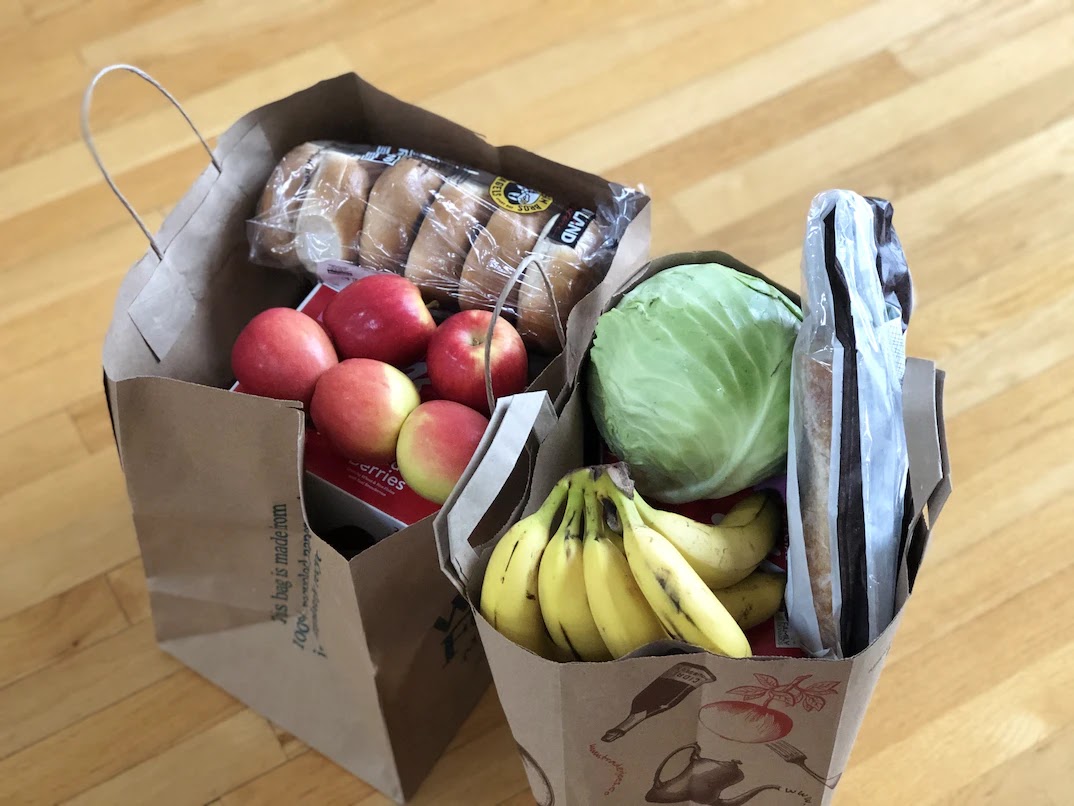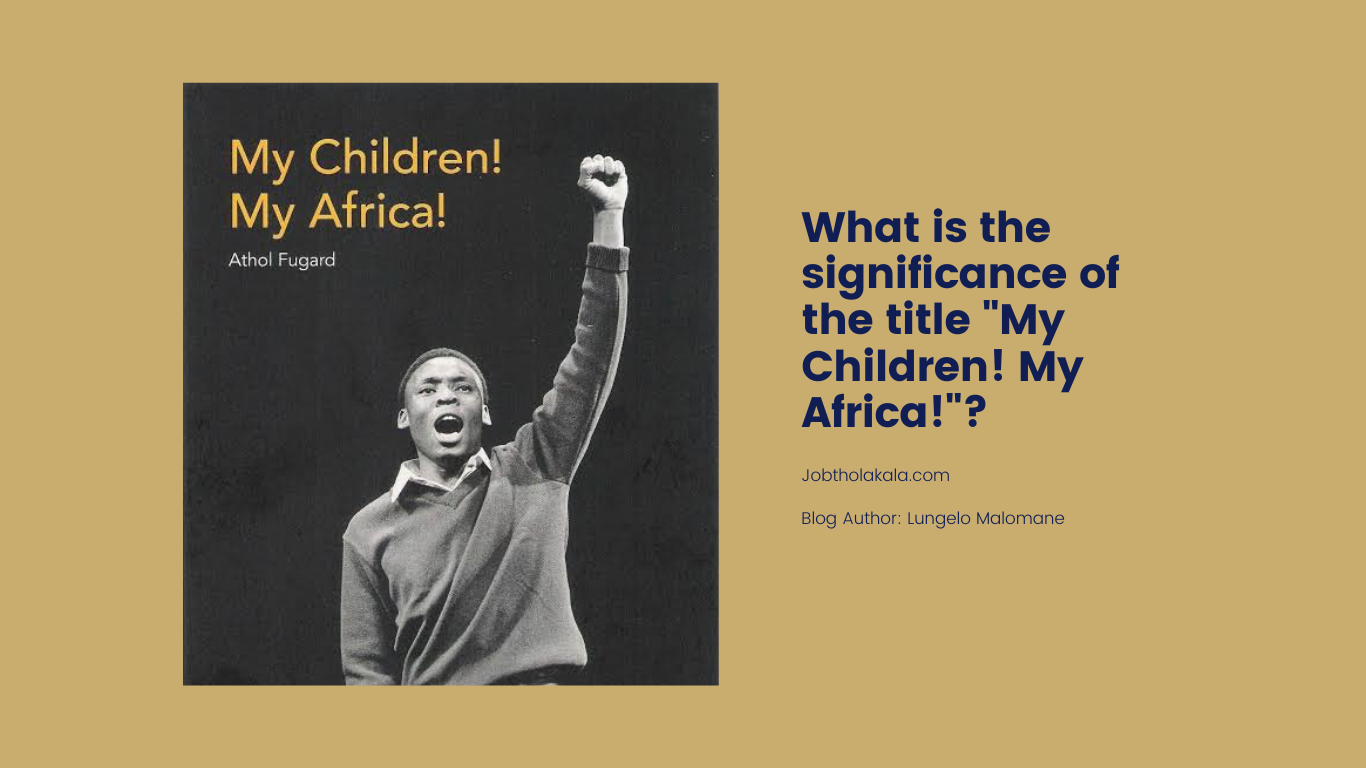 |
| My Children! My Africa! and their explanations |
My Children! My Africa! is a play by Athol Fugard, first produced in 1989. It is set in South Africa during the apartheid era, and tells the story of a white student, Isabel, who is assigned to teach a class of black students. The play explores the themes of race, education, and the future of Africa.
One of the main themes of the play is the relationship between race and education. Isabel is a privileged white student who has been given a good education. She is shocked to learn that the black students in her class have been given a much inferior education. This inequality is a product of the apartheid system, which was designed to keep black South Africans down.
The play also explores the theme of the future of Africa. Mr. M, the black teacher, is a passionate believer in the future of Africa. He believes that Africa can be a great nation, but only if its people are educated and united. Isabel comes to share Mr. M's dream, and she vows to use her education to help build a better future for Africa.
My Children! My Africa! is a powerful play that explores the complex issues of race, education, and the future of Africa. It is a play that is still relevant today, as we continue to struggle with these issues around the world.
Here are some other themes that are explored in the play:
- The importance of education
- The struggle for freedomT
- he power of words
- The importance of human connection
- The need for hope
My Children! My Africa! is a powerful and moving play that is sure to stay with you long after you have seen it.
Sure. Here are some of the themes in My Children! My Africa! and their explanations:
Apartheid, Race, and Human Connection
The play is set in South Africa during the apartheid era, a time of great racial segregation and discrimination. The characters in the play are all affected by apartheid in different ways. Mr. M is a black teacher who is struggling to provide his students with a good education in a system that is designed to keep them down. Thami is a black student who is angry and frustrated with the apartheid system. Isabel is a white student who is beginning to learn about the realities of apartheid.
The play explores the ways in which apartheid divides people and prevents them from connecting with each other as human beings. However, it also shows how people can overcome these divisions and find common ground. Mr. M and Isabel, for example, are able to connect with each other despite their different races. They share a love of learning and a belief in the future of Africa.
Education
Education is a central theme in My Children! My Africa! The play shows how education can be used to empower people and help them to achieve their dreams. Mr. M is a passionate believer in the power of education. He believes that education is the key to a better future for Africa. Isabel also comes to believe in the power of education. She vows to use her education to help build a better future for Africa.
The play also shows how education can be used to challenge the status quo. Mr. M uses his teaching to challenge the apartheid system. He teaches his students about the history of Africa and the importance of freedom. He also encourages them to think for themselves and to question authority.
The Struggle for Freedom
The struggle for freedom is another central theme in My Children! My Africa! The play shows how people can be divided by race, but it also shows how they can come together to fight for a common cause. Mr. M, Thami, and Isabel are all fighting for freedom in different ways. Mr. M is fighting for the freedom of his students to learn and to grow. Thami is fighting for the freedom of his people to be treated equally. Isabel is fighting for the freedom of all South Africans to live in a just and equitable society.
The play shows that the struggle for freedom is never easy. It is a struggle that requires courage, determination, and sacrifice. However, the play also shows that the struggle for freedom is worth fighting for. It is a struggle that can lead to a better future for all people.
The Power of Words
The power of words is another important theme in My Children! My Africa! The play shows how words can be used to build up or to tear down. Mr. M uses his words to inspire his students and to give them hope for the future. Thami uses his words to challenge the apartheid system and to demand justice for his people. Isabel uses her words to speak out against injustice and to call for change.
The play shows that words can be a powerful force for good or evil. It is up to each individual to decide how they will use their words.
The Importance of Human Connection
The importance of human connection is another important theme in My Children! My Africa! The play shows how people can overcome their differences and find common ground. Mr. M and Isabel, for example, are able to connect with each other despite their different races. They share a love of learning and a belief in the future of Africa.
The play shows that human connection is essential for building a better world. It is through human connection that we can learn to understand each other and to work together to create a more just and equitable society.
The Need for Hope
The need for hope is the final theme in My Children! My Africa! The play shows how hope can help people to overcome adversity. Mr. M, Thami, and Isabel all have hope for the future. They believe that they can create a better world for themselves and for their children.
The play shows that hope is essential for living a meaningful life. It is hope that gives us the strength to keep fighting for what we believe in, even when things seem hopeless.
My Children! My Africa! is a powerful play that explores these complex themes in a thoughtful and insightful way. It is a play that is sure to stay with you long after you have seen it.









.jpg)




.jpg)
.jpg)
























